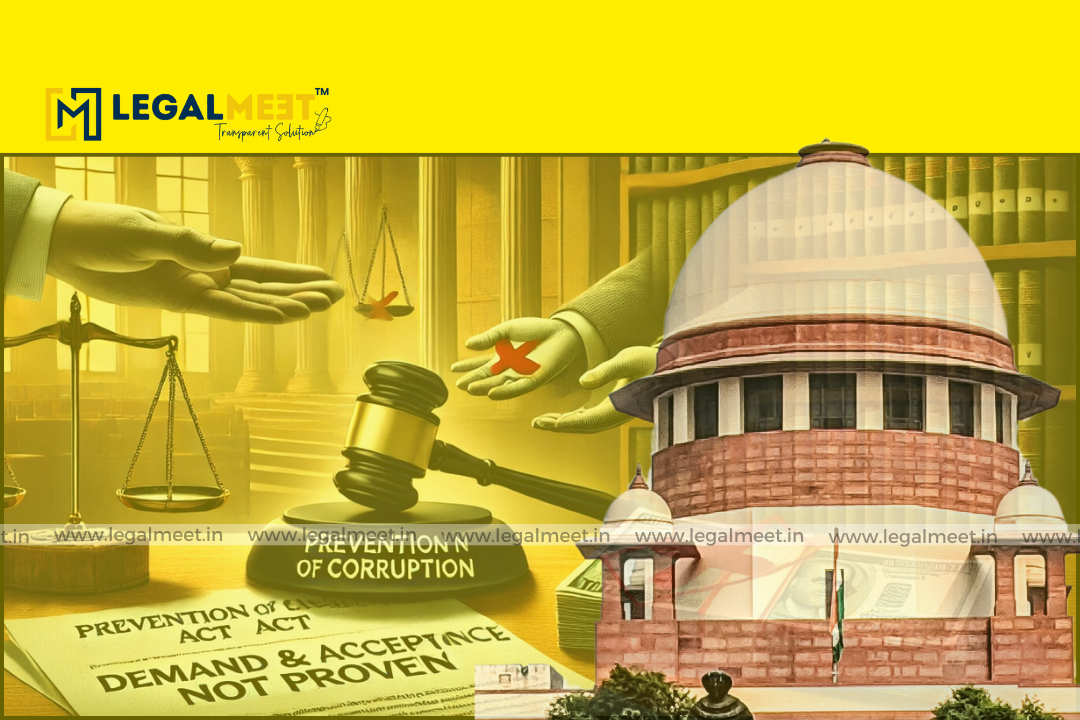
SC Acquits Govt Employees as Bribe Demand & Acceptance Remain Unproven Under Prevention of Corruption Act
In a recent judgment, the Supreme Court acquitted two government employees accused under the Prevention of Corruption Act, 1988, due to the prosecution's failure to conclusively prove the essential elements of demand and acceptance of a bribe. Case Background: The case involved allegations against an Enforcement Inspector and an Office Assistant in the Supply Department, accused of soliciting a bribe from a businessman seeking a Rajasthan Trade Authority License (RTAL). The businessman reported the alleged demand to the Anti-Corruption Bureau (ACB), leading to a trap operation where the officials were arrested. Legal Proceedings: The Trial Court convicted both officials under Sections 7 and 13(1)(d) read with Section 13(2) of the Prevention of Corruption Act, 1988. This conviction was subsequently upheld by the Rajasthan High Court. Supreme Court's Analysis: Upon appeal, the Supreme Court scrutinized the evidence and emphasized that mere possession of marked currency notes is insufficient for conviction. The Court reiterated that the prosecution must establish both the demand and acceptance of illegal gratification beyond a reasonable doubt. In this case, the evidence presented was deemed inadequate to substantiate these critical elements. Implications of the Judgment: This ruling underscores the judiciary's commitment to ensuring that convictions under the Prevention of Corruption Act are based on concrete evidence. It highlights the necessity for the prosecution to conclusively prove both the demand and acceptance of a bribe, reinforcing the principle that the burden of proof lies with the prosecution. The judgment serves as a significant precedent, emphasizing that allegations of corruption must be substantiated with clear and convincing evidence to uphold the integrity of legal proceedings.
